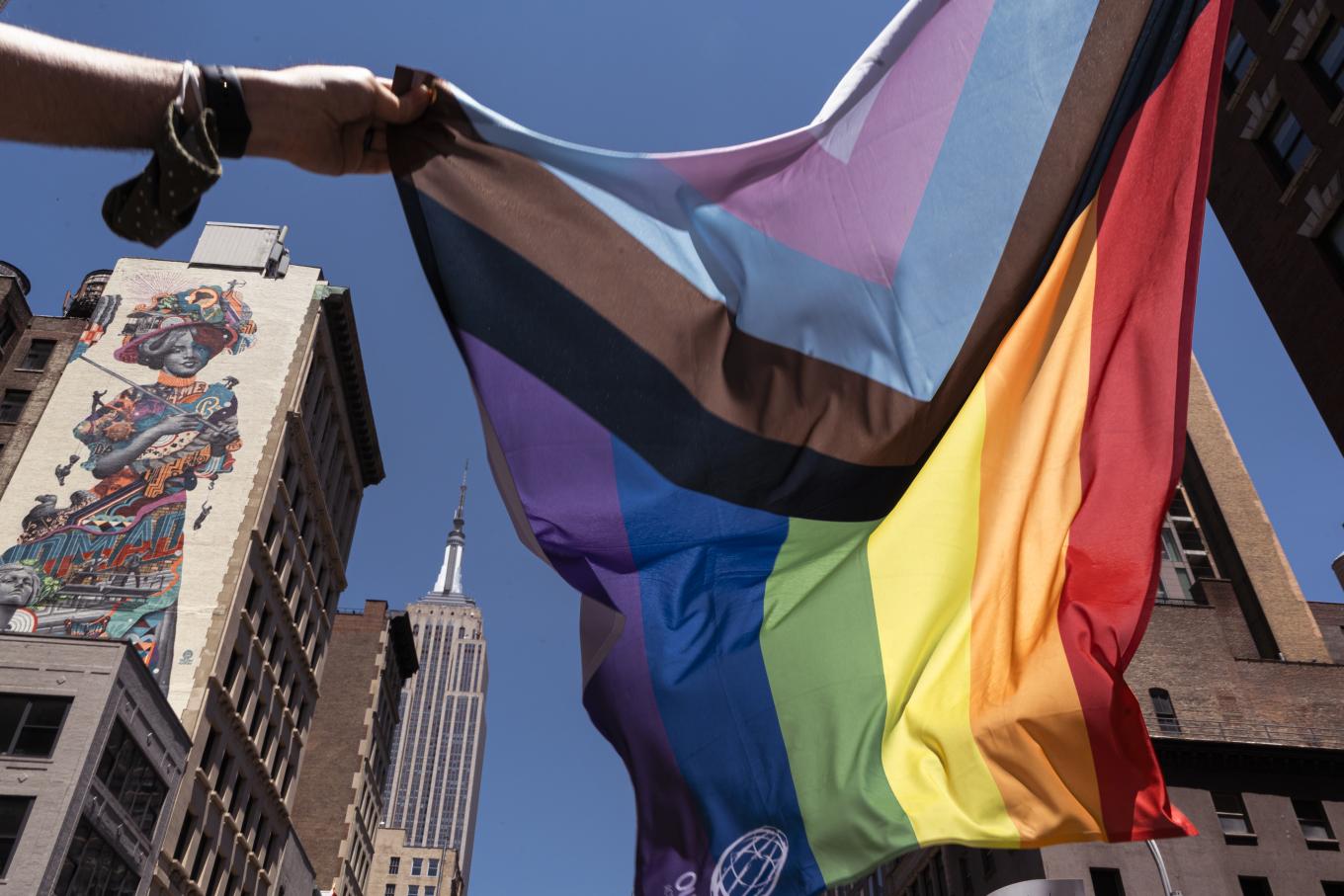
Country Overview
India
At a glance
View more for this country:
India has made progress on LGBTIQ issues over the last decade. However, there are still barriers to full LGBTIQ equality. In 2018, the Indian Supreme Court struck down laws criminalizing same-sex relations, in a historic decision that cited a UN submission authored by Outright. In December 2023, the Indian parliament passed a law enacting a new criminal code, the Bharatiya Nyay Samhita, which entirely removes Section 377, the provision criminalizing “carnal intercourse against the order of nature.”
India does not legally recognize same-sex partnerships, and the Supreme Court ruled in October 2023 that it does not have the authority to legalize same-sex marriage, emphasizing that enacting a law on this matter falls under the jurisdiction of the parliament. In the same ruling, however, the Supreme Court directed the national and state governments to enact measures against anti-LGBTIQ discrimination and violence, including non-consensual medical interventions on intersex children, invasive requirements for legal gender recognition, and police harassment toward LGBTIQ persons.
Discrimination on the basis of sexual orientation, gender expression, or sex characteristics is not banned. However, the Transgender Persons (Protection of Rights) Act of 2019 protects transgender people from discrimination in health care, housing, employment, education, and the provision of goods and services. India has made some efforts to address conversion practices: following a favorable decision by the Madras High Court in the state of Tamil Nadu, the National Medical Commission, the regulatory body of medical professionals in India, classified "conversion therapy" as professional misconduct in 2022 and has empowered State Medical Councils to to take disciplinary action against medical professionals performing such practices.
Trans people can change their gender marker to "transgender" based on self-determination, but proof of surgery is required to change it to either "male" or "female." This requirement contravenes the 2014 Supreme Court ruling in NALSA v. Union of India, which affirmed the right of trans persons, as well as hijras and “eunuchs,” to identify as either "male," "female," or a "third gender" based on self-determination.
In India, intersex people are often conflated with transgender people and/or hijras. The Transgender Persons (Protection of Rights) Act of 2019 defines a “person with intersex variations” and includes intersex people within the ambit of transgender persons, but fails to address intersex people’s rights substantively. Medically unnecessary and nonconsensual genital surgeries on intersex minors are legal in most of the country. However, in 2019, Tamil Nadu became the first state to ban unnecessary surgeries on intersex infants, following a court decision that recognized intersex persons’ right to bodily integrity. The court called for a deferment of “intersex genital mutilation” (IGM) until the intersex person is old enough to provide informed consent. It reiterated that “the parent's consent cannot be considered as the child's consent.”
*Outright research indicates that the bodily autonomy of intersex people is not respected and protected in this country.
Global Impact
Sub-Saharan Africa
Outright supports LGBTIQ organizations in Sub-Saharan Africa and works with mainstream human rights organizations to respect human rights and influence positive changes in laws, policies, attitudes and beliefs that cause discrimination against LGBTIQ people.
United Nations
Our work at the United Nations centers around advocating for the advancement of the rights of LGBTIQ people.
View this regionAsia
Our work in Asia promotes acceptance of sexual and gender diversity at all levels of society.
View this regionSouthwest Asia and North Africa
In the Southwest Asia and North Africa, we partner with local groups in various countries as part of our international solidarity work. We also work with our local partners on different topics through capacity building, advocacy, research and holistic security.
Europe and Central Asia
Outright International partners with activists to fight for an end to human rights violations based on sexual orientation, gender identity and gender expression in Europe and Central Asia, where most of our work involves emergency responses to harassment, discrimination, violence, and most recently, Russia’s brutal and expanded invasion of Ukraine.
Americas
Our work in the Americas continues to build on the fundamental and positive transformation of human rights protections in recent years. We partner with groups in the Caribbean that focus on ending gender-based violence and eradicating discrimination against trans people.
Pacific
Our work in the Pacific aims to increase the visibility of activists, respond to human rights emergencies, and actively bridge local, regional, and international activism to achieve equality and justice.
Global
View this region
Human Rights Research
Since 1990, we have partnered with activists from all over the world to produce hundreds of groundbreaking reports.
Read Our Reports